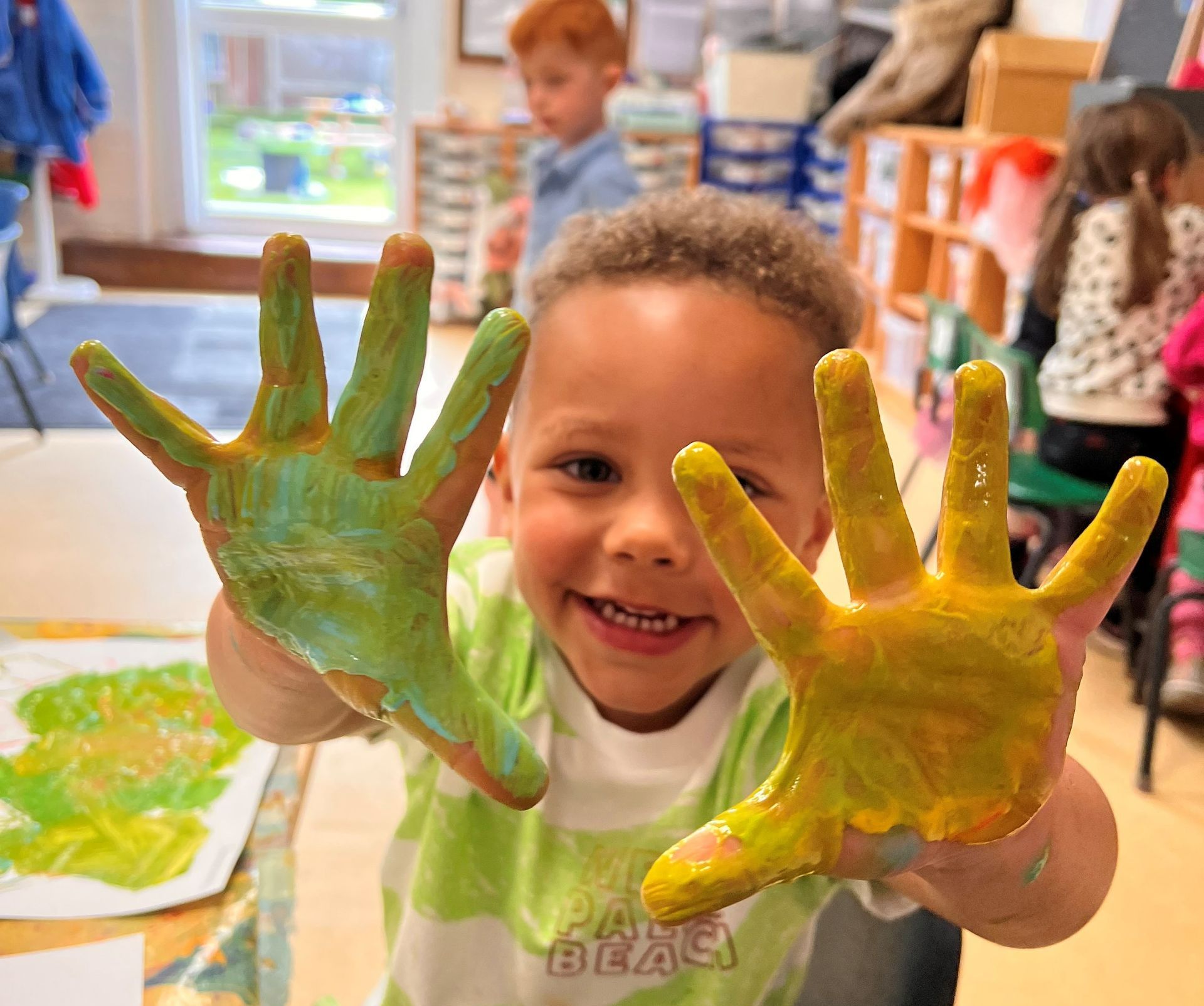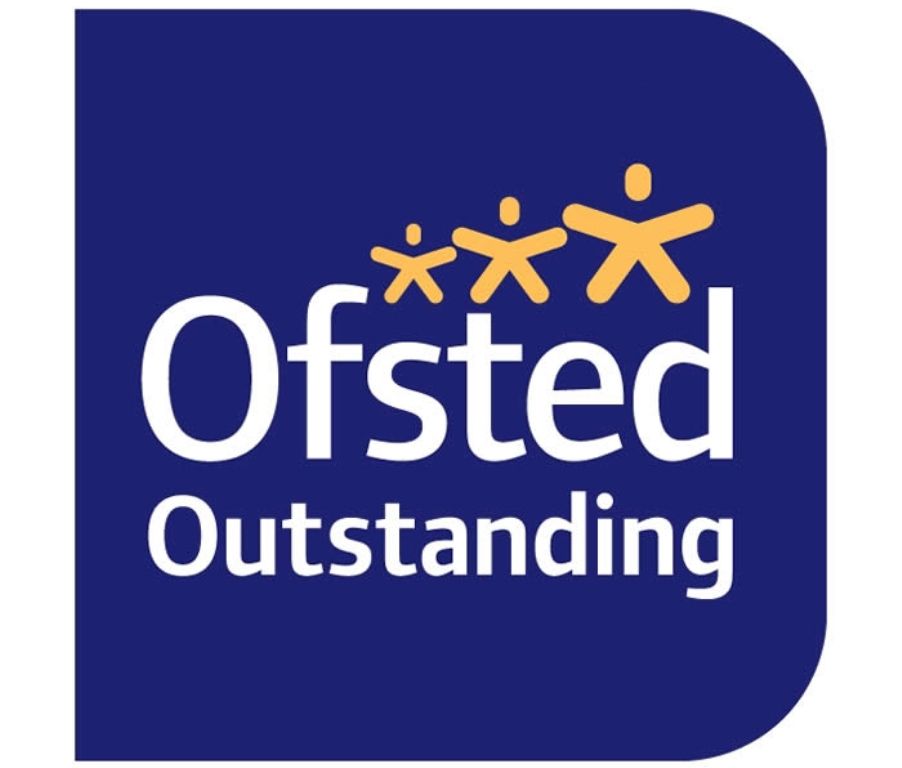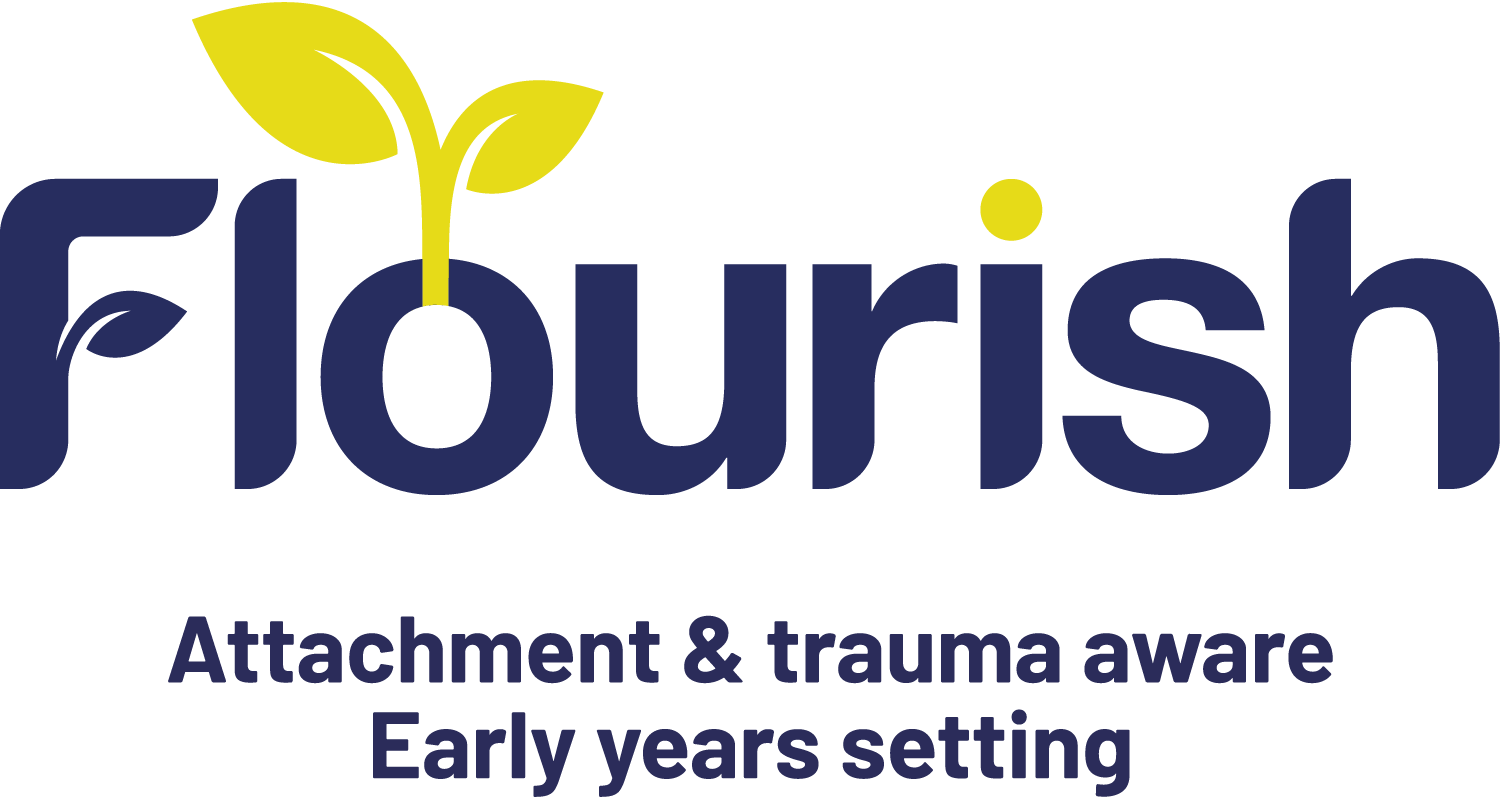Support for young children who are teething:
Teething can be a very difficult time for both your little one and for parents.
Below is a link which provides parents with different tips to try to soothe their babies gums and comfort them.
Tips for helping your teething baby - NHS
Baby teething symptoms - NHS (www.nhs.uk)
If you would like more advise then please speak to one of our Baby Room or Toddler Room staff members who will be more then happy to help.
Safeguarding:
It is important to ensure that you help to protect and safeguard your child from a young age. By having these important conversations with your child you are ensuring that they know what is right and what is wrong from a young age.
Here are some useful links below, which are aimed at protecting children in early years:
pants-parents-guide-online.pdf (nspcc.org.uk)
Supporting your child with Potty Training:
Potty Training can be a very challenging time for both your child and yourself as parents. Every child is different and will develop at different stages and they will show different signs when that they are ready to begin potty training. Children typically begin to potty train between the ages of two-three years, however every child is unique and some children may be ready before this or take a little bit longer. It is very important to make sure that you begin potty training when both you and your child are ready to take on this milestone, as starting potty training too early can cause anxiety regarding the potty.
Here are some signs that your child may be ready to begin potty training:
- They are able to recognise and communicate when they have or need to do a wee or poo.
- Your child is showing an understanding of what the potty or toilet is used for.
- Your child is beginning to hide in different areas before they do a poo, showing possible signs of embarrassment.
- Good bladder control, can be dry for 2 hours.
These are all positive signs that your child may be ready to begin potty training.
Below are some useful tips to read before beginning potty training for support for both parents and children:
How to potty train - NHS (www.nhs.uk)
When to Start Potty Training | Huggies® Pull-Ups® (pull-ups.co.uk)
If you would like any more support with potty training then please speak to one of the staff members within any of the rooms who will be more then happy to assist.
Infectious Illnesses in young children:
Below is a link with common infectious illnesses in young children. The link explains how long the illness is infectious for, how to prevent it spreading and also how to treat your child.
Infectious illnesses in children - NHS (www.nhs.uk)
Other useful links for support:
What to feed young children - NHS (www.nhs.uk)
Physical activity guidelines for children (under 5 years) - NHS (www.nhs.uk)
Household Safety Checklists (for Parents) - Nemours KidsHealth
Quit smoking - NHS (www.nhs.uk)
@WarwickshireHealthVisitingInfo | Linktree
Preventing biting in Early years
Young children may bite for several different reasons:
-They do not have the language skills to express their own fears and frustrations
-They are unable to manage their own anger.
-Oral Stimulation
-Teething
When children start using their teeth to express their fears or frustrations, you must take preventative measures.






